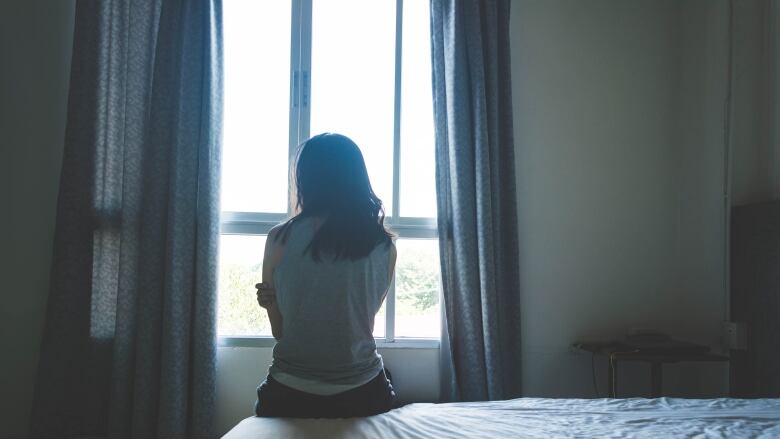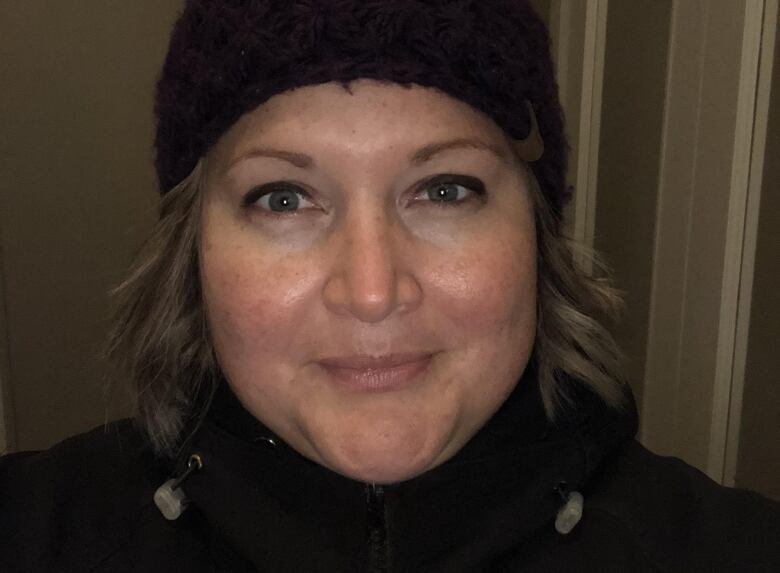Sask. anxiety, depression rates higher during COVID-19: researchers
New study identifies mental health impacts of COVID-19

It has been more than nine months since the first case of COVID-19 was identified in Saskatchewan, and researchers have been working to identify how the pandemic has since impacted mental health in the province.
A new study conducted by Pollara Strategic Insights on behalf of Mental Health Research Canada, and supported by the Saskatchewan Health Research Foundation, found that anxiety and depression levels have increased in Saskatchewan adults this year.
The study, which covered the first six months of the COVID-19 pandemic and used an online poll to reach a comparable probabilistic sample of 576 Saskatchewan residents, found that 20 per cent of respondents had experienced high levels of anxiety since COVID arrived in the province, up from 7.6 per cent pre-pandemica 163 per cent increase.
Just over 15 per cent of respondents double the rate from before the pandemicsaid they were experiencing high levels of depression.
In particular, one in five respondents from northern Saskatchewan experienced high levels of depression triple the pre-pandemic rate.
The study also found that many people in Saskatchewan have lost access to mental health supports due to the pandemic this year.
Ten per cent of respondents who needed mental health services during the pandemic did not receive them, and 15 per cent of respondents who were being treated for a mental health disorder before COVID were no longer being treated.
The survey, conducted from Aug. 21-31, cannot be assigned a margin of error because it was an online survey. But a comparable random sample sizewould yield a margin of error of4.1 per cent, 19 out of 20 times.
University of Regina associate professor Nuelle Novik is a social worker and one of the researchers involved with the study. She says these findings reflect what she is hearing from her own clients.
"People are really worried, they're really stressed out," she said.
"It's interesting because a lot of people think, 'Well, this pandemic is sort of the great equalizer. We're all experiencing it.' But it's not. We're all experiencing it, but we're all experiencing it in very, very different ways."
'A different sadness'
Cindy Freeman teaches in Indian Head. For her and many of her colleagues, the start of the pandemic brought rapid and intense professional challenges.
"I am a teacher, and the stress load at the beginning of all this was pretty overwhelming for so many teachers I know," she said. "I don't know one teacher who would say that it was easy. It was very overwhelming."
According to Novik, the mental health impacts of the pandemic have been constantly shifting since March.
"I think initially, people were in a state of shock that this was a reality and things were really unfolding this way this was happening," she said.
"And there were a lot of questions. What is this going to mean in terms of work? Am I going to be able to continue working? Will my kids be able to continue going to school? How long will this go on?"
The summer brought some relief to many people, Novik said, because the low case numbers and the nice weather allowed people to safely gather outdoors.
But at this point in the year, with increased lockdowns and typical Saskatchewan winter weather coinciding with the holiday season, Novik says people are feeling "a different sadness and heaviness."
"I had a client I was talking to this week who described it as a feeling of impending doom," said Novik. "Yes, there's a vaccine. And we can be very hopeful about that. But right now it just feels very heavy."
Carrying stress home: teacher
Freeman is frustrated by delays and discrepancies in Saskatchewan's public health restrictions, which she thinks have made this year more difficult than it had to be.
"You can have 30 kids in a classroom, but you can't have someone over for dinner," she said. "The discrepancy is really ridiculous. As of recently, I could have seen my family at bingo, but not been able to see them at home.
"The government should have locked it up much earlier so we could have had Christmas they knew it was coming, and I don't understand why they didn't."
The Saskatchewan Ministry of Health has compiled a list of mental health resources people can access during the pandemic, including phone and online therapy providers and specific advice for alcohol, cannabis and other drug users.
Freemansays whileher school division is doing the best it can under the circumstances, work has still been highly challenging this year. And she is worried about the home front, too.

"It has been stressful at work, and I'm carrying that at home with my own children," she said. "They're worried about school going online and their own social circles, and we don't see anybody, and that affects mental health too.
"In my husband's place of work, he's with a lot of men in a machine shop and it's just really stressful to deal with at home. It's overwhelming."
While the ongoing vaccine distribution efforts in Saskatchewan continue to provide a spot of hope, Novik expects the mental health effects of the pandemic to persist even after the virus itself is brought under control.
"Anxiety isn't something that just goes away. The other really big factor will be the impact of all the loss grief related to death, and grief related to all kinds of other losses this year," she said.
"I think we're going to be feeling the impact of this for a really long time."












_(720p).jpg)


 OFFICIAL HD MUSIC VIDEO.jpg)
.jpg)



























































































